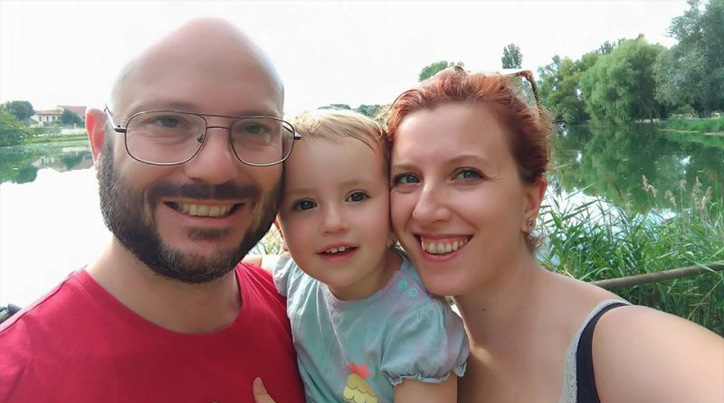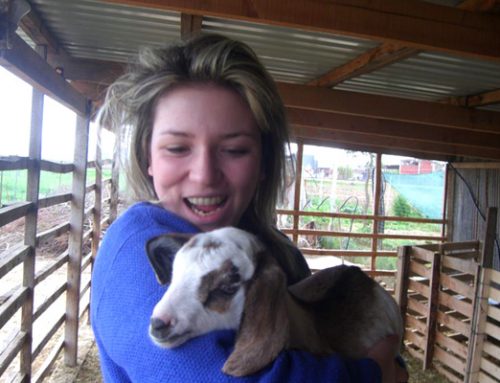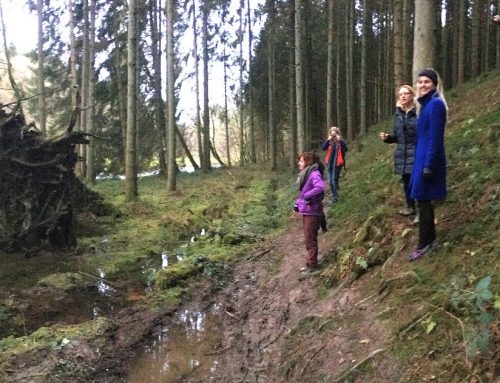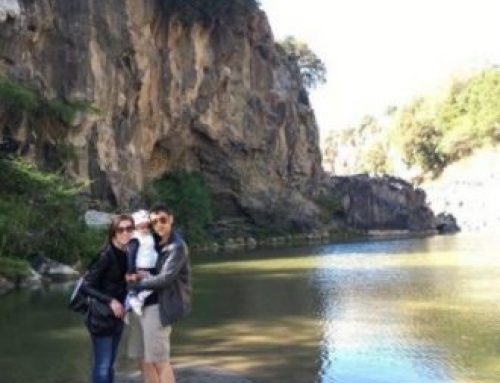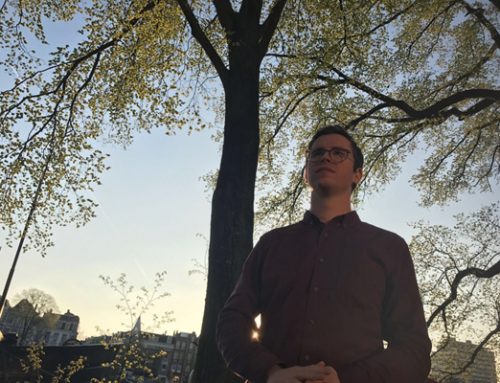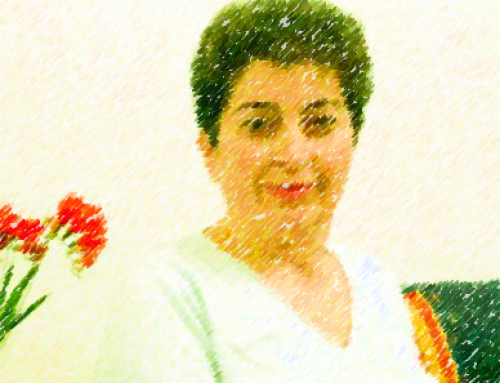Hi, I am Tatiana! I come from the north of Italy and moved to the Netherlands about seven years ago. I am a doctor. I live in Eindhoven with my husband and our little daughter.
The environmental problem is something it has always been crucial for me. Year by year, I gradually adopted different behaviors in order to reduce my environmental impact and I also involved my family into it.
Would you share with us some of your tips and tricks for a more sustainable living?
- We do our grocery shopping every week at the farm’s shop and we eat only seasonal. Concerning the meat or fish consumption, we eat it max twice per week and from biological and zero km origins. We do not consume products the production of which is very costly for the environment or that are at risk of extinction; for example avocado, tuna or products with palm oil. In general, I consume products from zero km origin and when it isn’t possible I make sure to consume those that are produced in Europe, in order to reduce the CO2 impact linked to the products’ transportation.
- I make use of reusable products; for example oven paper, containers, shopping bags, eggs boxes, rechargeable batteries, etc. In addition, we buy second hand clothes for us and our daughter as well as second hand toys or other baby’s stuff.
- I use washable nappies for my daughter. In a life a child can produce a huge amount of nappies that are not compostable, with a terrible impact on the environment. We use washable diapers in combination with compostable ones. The washable diapers are ecological, cheap and usually very beautiful. They are sold on Amazon or eBay. I bought them second-hand so they are even cheaper. Differently from what people might think, their use is not too time consuming. Moreover, for me, remembering to go and buy diapers at the shop is more time consuming and stressful than just throwing them into the washing machine.
- I choose only ecological personal care products with no paraben or other chemicals substances. Sometimes I also produce my creams and cosmetics starting from basic and widely available products, such us sesame oil, honey, etc.
- I use menstrual cup and tissue menstrual pads. For more information visit https://www.organicup.com/
- Instead of using the common cleaning products, I use vinegar and baking soda. When I cannot avoid the cleaning products, I choose the certified biological ones which are very concentrated and a small dose is more than sufficient to get great results.
- The washing machine temperature is never higher than 40C.
- We keep the heating system at home at max 20C and 16C at night.
- The domestic appliances in our house have at least an A energy label.
- Last but not least, we execute an accurate recycling.
Well, these are the main sustainable habits that we adopt since a couple of years, when we decided to reduce our environmental impact as much as possible. We try to improve every day and we know we could do more, like using the car less and the bike more. That’s actually for me something very difficult as I use my car for working and I have to ride many kilometers every day, but I do my best to use the bike or public transport at least in my spare time.
My dream is also to grow my own vegetables: I have started with few things this year and I will do a bit more next year. It is also very relaxing and my child loves to watch our pumpkins growing. It is important that she learns how the nature works and to respect it.
Another target I have is to reduce the food wasting: as I said, we do our food shopping once per week in order to save time but sometimes it happens that the food expires and the vegetables rot. A better planning could prevent this! I believe that reducing home water and gas consumption is also a matter of good planning and this is something we are going to focus soon in order to further reduce our footprint.
Thanks Tatiana, we believe you are already doing a very good job. In particular, the fact that you are educating your daughter with principles based on respecting the environment is admirable. We look forward to seeing your grown veggies!


